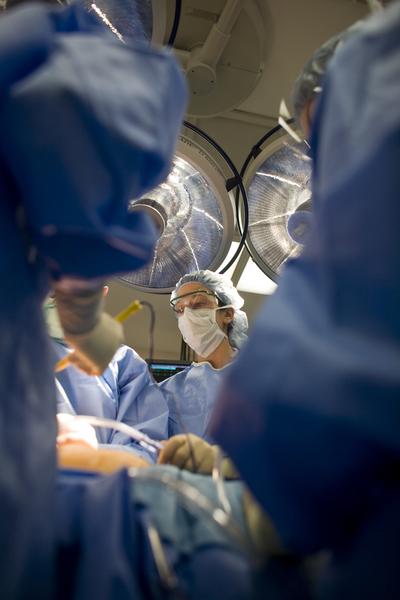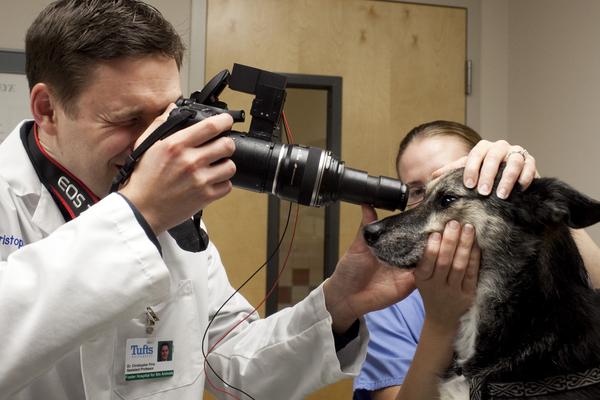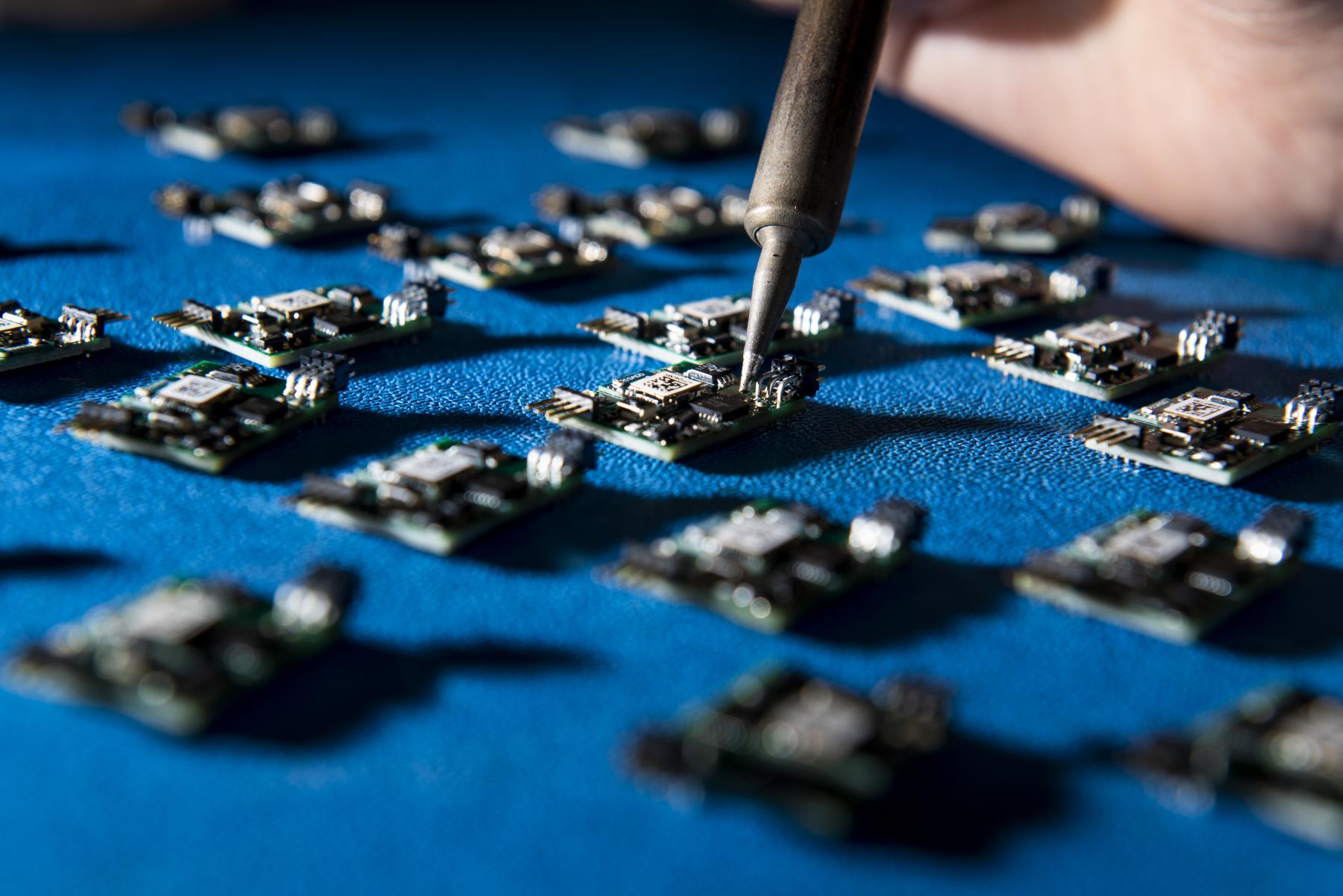
Medical Device Licensing Opportunities
Tufts possesses distinctive capabilities in medical device development. Therapeutic areas include diagnostic imaging, ophthalmology, and medical device coatings. TTIC has been receiving an increasing number of medical device disclosures and has a proven record of medical device start-up creation. Below are select medical device innovations available for licensing.
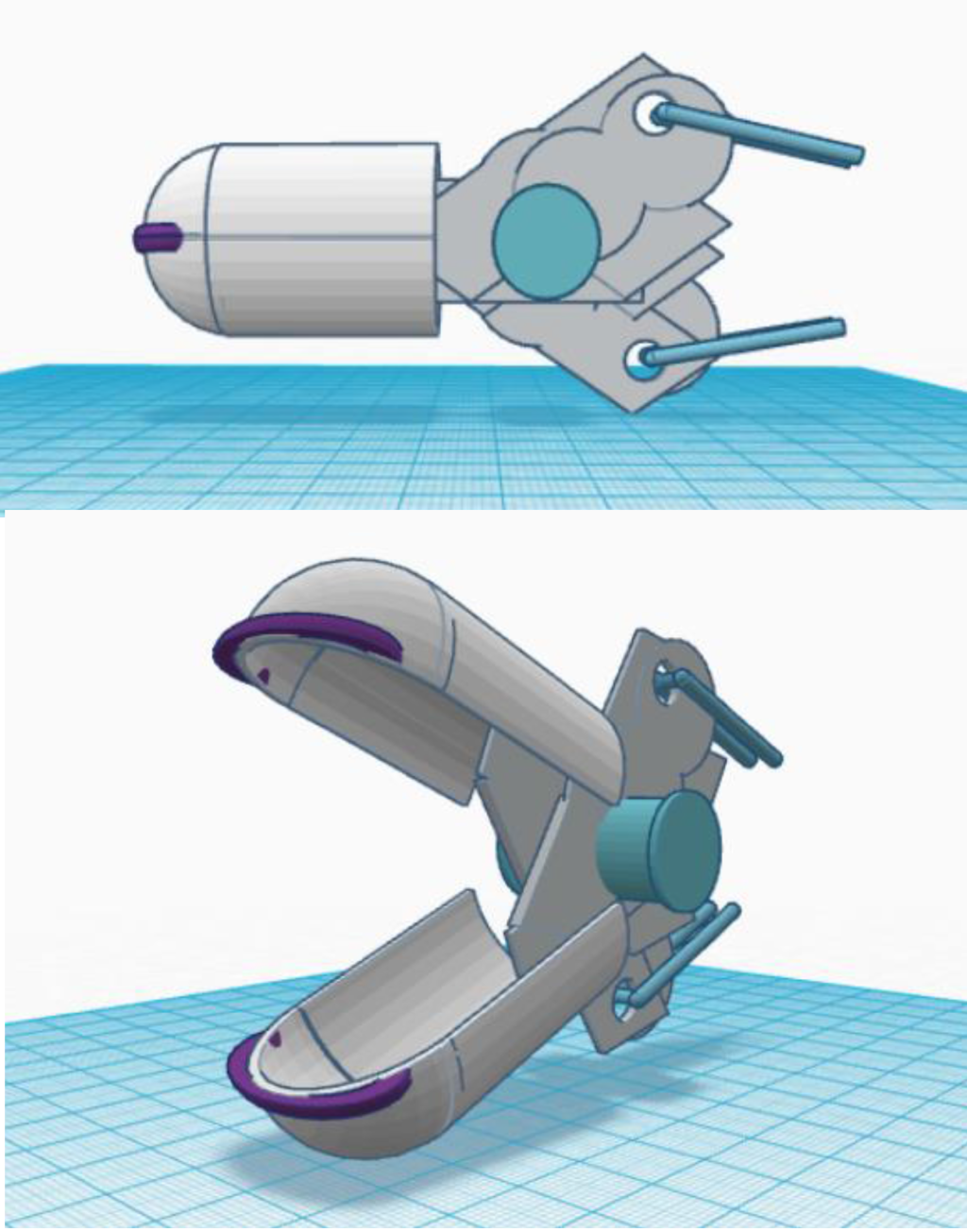
INFORCE™ Biopsy: One-Step Method for Incision and Forceps Biopsy Procedure During Endoscopy
Sector: Gastrointestinal endoscopy biopsy
Physicians at Tufts Medical Center have invented a device that allows incision and forceps biopsy to be performed as a one-step procedure with a single instrument rather than with two distinct catheters.
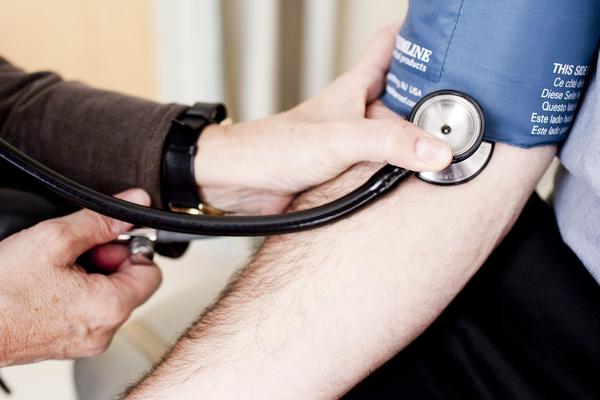
Software for Detection of Vulnerable Plaques During Angioscopy
Sector: Angioscopy
Researchers at Lahey Clinic Foundation developed a new angioscopy-based method for the detection of lipid cores underneath thin fibrotic caps and thin-cap fibroatheromas in patients evaluated for risk of having vulnerable atherosclerotic plaques, thrombosis, and acute coronary syndrome.
Silk-Based Food Sensors
Sector: Wireless sensors
Tufts investigators published a method to make wireless passive antennas on silk substrates across multiple regions of the electromagnetic spectrum. Silk flexible sensors are created by embedding gold antennae in a purified silk film that can be easily applied to curved objects and adhere conformally.
Dynamic Silk Coatings for Implantable Devices
Sector: Medical device coatings
Silks are fibrous proteins with remarkable mechanical properties produced in fiber form by silkworms and spiders. Regenerated silk solutions have been used to form a variety of biomaterials for medical applications, such as gels, sponges, and films.
Adaptor for Standard Fundus and Fluorescein Angiography
Sector: Ophthalmic and optical devices
A digital single lens reflex adaptor for fluorescein angiography imaging that can be attached to any digital camera and provide an inexpensive alternative for imaging both the anterior and posterior segments of the eye.

